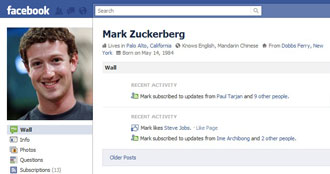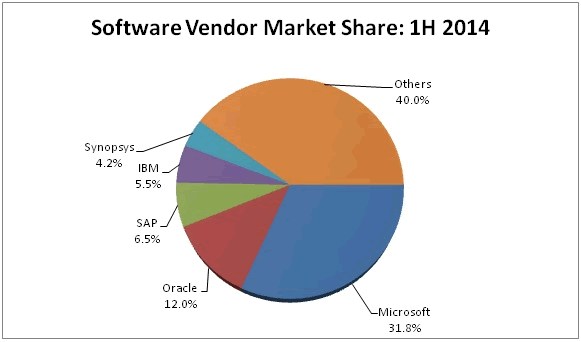 The movie and nusic studios have taken their first steps towards controlling ISPs who do not do what they are told, and, indirectly the internet, with court actions.
The movie and nusic studios have taken their first steps towards controlling ISPs who do not do what they are told, and, indirectly the internet, with court actions.
BMG Rights Management and Round Hill Music have sued Cox Communications for copyright infringement, arguing that the internet service provider does not do enough to punish those who download music illegally.
BMG and Round Hill are clients of Rightscorp, a copyright enforcement agent whose business is based on threatening ISPs with a high-stakes lawsuit if they don’t forward settlement notices to users that Rightscorp believes are “repeat infringers” of copyright.
Saying this is a high-stakes, game is an understatement. The studios are trying to hold an ISP responsible for users engaged in piracy. If it comes off, then ISPs could find themselves responsible for all the content that users post online.
BMG and Round Hill claim that they have notified Cox about 200,000 repeat infringers on its network, which means trillions of dollars.
The music publishers describe the Cox network as an out-of-control den of piracy. “Today, BitTorrent systems are like the old P2P systems on steroids,” BMG lawyers write. “Despite its published policy to the contrary, Cox’s actual policy is to refuse to suspend, terminate, or otherwise penalize subscriber accounts that repeatedly commit copyright infringement through its network in any meaningful numbers.”
Cox has ignored “overwhelming evidence,” and the complaint lists a few examples. A “Cox subscriber account having had IP address 70.168.128.98 at the time of the infringement, believed to be located in Fairfax, Virginia, was used to infringe twenty-four particular copyrighted works 1,586 times since December 9, 2013,” they note. “Cox subscriber having IP address 24.252.149.211 engaged in 39,432 acts of copyright infringement over 189 days.”
Rightscorp is furious that Cox started treating its e-mails like spam.
Part of the issue here is the Digital Millennium Copyright Act, passed in 1998, which requires ISPs to have a policy to terminate “repeat infringers,” but there’s not a lot of clarity as to exactly what that means.
If a “repeat infringer” has to be defined by a judge rules then the music publishers and Rightscorp have many more hoops to jump through before they have any hope of beating Cox in court. However if Rightscorp’s notifications are enough to find a user is a repeat infringer, then the Interent could be in trouble.
Rightscorp believes, of course that all it has to do is accuse someone of being a witch, er movie pirate, and Cox should dump them as a client.
Big Content has not wanted to pick this particular fight. If they win, they could get more enforcement tools, but if they lose then they would end up with less power over ISPs than they have now.
ISPs are compromising on the issue and slowly moving forward with a “six strikes” system. That would go out the window if ISPs have a legal precedent to tell the studios to get a court order.
There is also the additional problem that if the ISPs, lose it will make it possible for anyone to censor the internet for the price of a stamp. All you need to do is sue the ISP and they will either take down the content or have to go to court to defend it.
 The Chinese government is to levy fines on 11 internet companies for promoting violence and pornography, according to government owned news agency Xinhua.
The Chinese government is to levy fines on 11 internet companies for promoting violence and pornography, according to government owned news agency Xinhua.



















